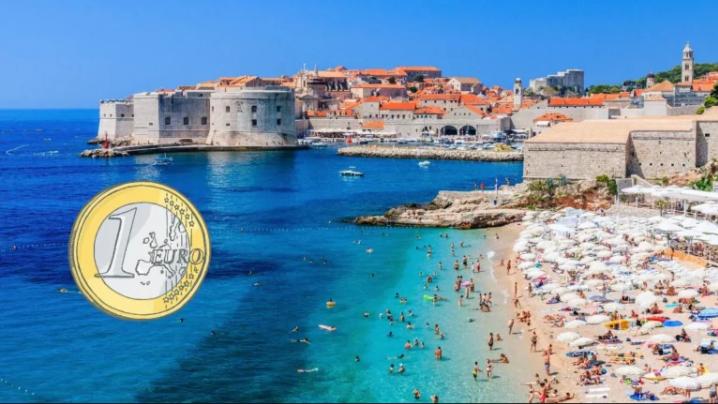
Rising prices in Croatia 2025. Travel. The introduction of the euro in Croatia—meant to bring the country closer to full European integration—has had some surprising effects, especially on the tourism industry. Since the old currency, the kuna, was replaced, prices have gone up sharply, and tourists are becoming more careful with their spending. At the same time, restaurants and hotels are dealing with higher business costs, while tourist bookings are dropping fast.
Tourism faces problems after switching to the Euro
Restaurant owner Danielli Nikolla explains the situation simply: “Everything is more expensive for us now – energy, rent, and staff wages.” Before the euro, a good meal cost around 150 kuna (about 20 euros). Now, for the same price, portions are much smaller. Both locals and foreign tourists are noticing the change.
A couple from the UK, who often spent holidays on the Croatian coast, said: “We expected Croatia to be cheaper. Food is much more expensive than we thought, and accommodation is too pricey.” These rising prices are hurting Croatia’s image as a low-cost holiday destination, and this is already visible in the booking numbers.
Read also: Discover Malta: Europe’s affordable holiday gem
Fewer bookings, especially in budget hotels
In the town of Omiš, popular with tourists from the Czech Republic, local officials are still trying to sound hopeful. They say visitor numbers are good for now, but admit the real test will come during peak summer. Meanwhile, hotels—especially budget ones—are worried, as bookings are much lower than in past years.
The situation is also difficult in Split, one of the country’s top tourist spots. Areas outside the old town are seeing fewer tourists, and local business owners are under pressure. Since prices have gone up, tourists are more careful with their money, which is creating problems in the market.
Croatia’s tourism image at risk
Croatia has worked hard to become known as a beautiful and affordable holiday destination. But now, the changes in the market are a big challenge. While the government talks about the long-term economic benefits of the euro, the situation in hotels, restaurants, and on beaches shows a different reality. The euro brought price stability, but also much higher costs—and these are already being felt by both tourists and local businesses.
